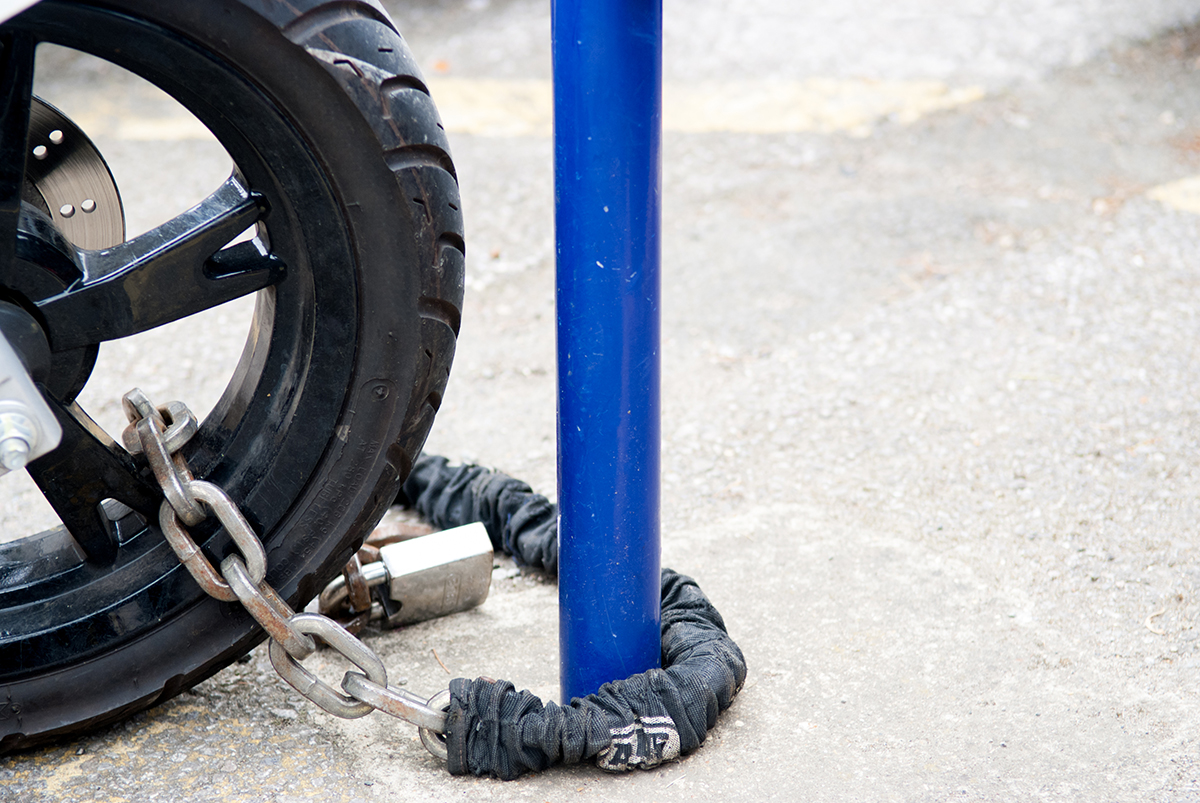Build a crisis plan that meets your unique needs & kicks in like second nature with these steps & safety measures
For the deaf and hard of hearing community, responding to and getting help in an emergency is a whole different ball game.
From home safety to alert systems to contacting the authorities, the avenues they use in a crisis differ from those of hearing people. As such, it’s crucial to adapt their action plans appropriately.
If you or a loved one lives with deafness or hearing loss, this guide is the perfect tool to build an ironclad emergency plan. One that meets your needs and empowers you to get help as quickly and effectively as possible.
Practice Smart Storage
One of the best things you can do to ensure you react fast in an emergency is to store must-have supplies in an easily accessible place.
Pack a go-bag with essentials like food, water, first-aid supplies, etc., and keep it near your front door or main exit. Along with these, you should have a healthy stock of batteries for any assistive listening devices (ALDs) and communication tools you use.
If you need to evacuate or shelter in place, having that extra battery life will give you one less thing to worry about. Just be sure to store and maintain your batteries properly to ensure they work when you need them to.
You’ll also want to pack a portable or solar charger to power your phone and other wireless devices.
With a well-stocked bag prepared, you can grab it and go at a moment’s notice and be confident that you’ll have everything you might need.
Outfit Your Home With Accessible Safety Devices
Since traditional smoke and carbon monoxide (CO) detectors aren’t viable for the deaf and hard of hearing, you’ll need to invest in a reliable alternative.
Instead, you can equip your home with fire and CO devices that flash bright strobe lights in addition to sounding an alarm.
The National Fire Protection Association recommends installing smoke alarms in “every bedroom, outside each sleeping area, and on every level of the home, including the basement.” As for CO alarms, they say to install one “outside each separate sleeping area and on every level” of your home.
Accessible detectors like these are the bedrock of a good home safety plan, but if you want an added layer of protection, consider investing in a bed shaker. These devices go under your pillow or mattress and vibrate forcefully in response to a smoke or CO alarm, ensuring you’ll never get caught unaware in an emergency.
Sign Up for Emergency Alerts
If you have a cell phone, chances are you already receive wireless emergency alerts (WEAs), or “Amber” alerts on your device. These are locally targeted messages that notify you of threats and weather events in your area, like hurricanes, tornados, missing children, etc.
If you don’t receive WEAs or you’re not sure, go into your phone settings and look for the option to turn Government Alerts or Emergency Alert Messages on. Keep in mind, however, that older phones may not be able to receive these messages.
If you want to stay even more tapped in, the FEMA app is an excellent resource. It allows you to register for live emergency alerts in up to five different areas nationwide, and provides essential tips on how to prepare for and respond to various emergencies.
Additionally, some states and communities also have emergency alert systems, so you may want to do a little digging to see if that’s an option for you.
Prepare to Communicate
In a crisis, connecting with emergency services and family is priority one. For the deaf and hard of hearing, this requires a different approach, which can often be convoluted and time-consuming.
If you have a teletypewriter (TTY) at home, calling 911 will automatically display your address and phone number on your dispatcher’s screen so they can dispatch help right away—even if you don’t type anything.
Captioned telephones, or CapTels, function much the same way. Although you may not be able to hear them, they’ll hear everything you say and can type out their responses for you. They’ll also see your number and address based on your CapTel’s registered location.
However, certain emergencies may not leave you with the option to use a TTY or CapTel. If there’s a fire, flood, or gas leak and you have to evacuate, or you have a medical issue that prevents you from getting to the phone, these options won’t cut it.
Get Help Instantly, Without the Hassle of a Phone Call
If you want the fastest way to get help in any emergency, trust the Rescu app.
Designed with the deaf and hard of hearing community in mind, this personal safety app allows you to dispatch first responders to your current location anywhere in the US with just two taps on your smartphone or Apple Watch.
There’s no need to open a phone call or even a text chat if you can’t or don’t want to. Simply select the service you need—fire, police, or ambulance—and tap Send Alert. Within seconds, the app will transmit your alert (along with your pre-registered medical info and location) to Rescu’s private dispatch center, and help will be on its way.
Since the app stores and automatically sends your info when you send an alert, responders will know you’re deaf or hard of hearing and can provide personalized care when they arrive.
But that’s not all. Rescu also saves you the time it would normally take to notify your loved ones.
In addition to your information, the app automatically texts all your listed emergency contacts, letting them know which service you requested and providing a link to your current location. That way, your relatives and close friends can be aware and step in to help however they can.
With Rescu as part of your emergency plan, you’ll have a 100% reliable lifeline to stay connected when it matters most. No talking required.
Click or tap below to elevate your personal safety today.





